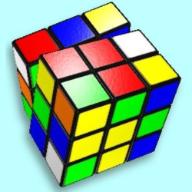更新1:
A store manager priced a pair of earrings in dollars and cents such that when 4% sales tax was added, the result was a whole number of dollars and 0 cents. Find the smallest possible number of dollars the items sold for, including the sales tax.



